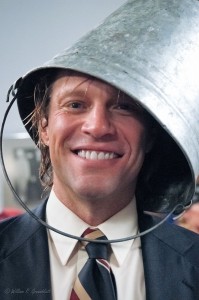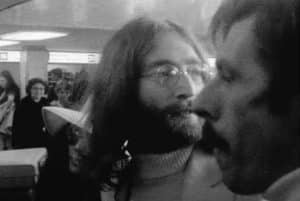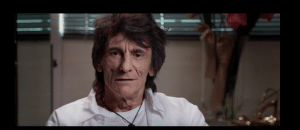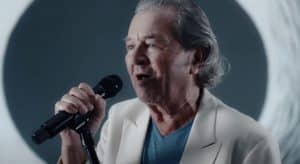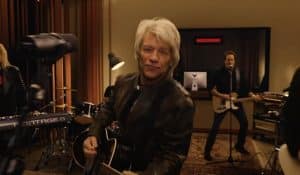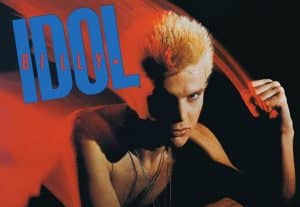8 TV Shows from the ’70s That Would Never Air Today
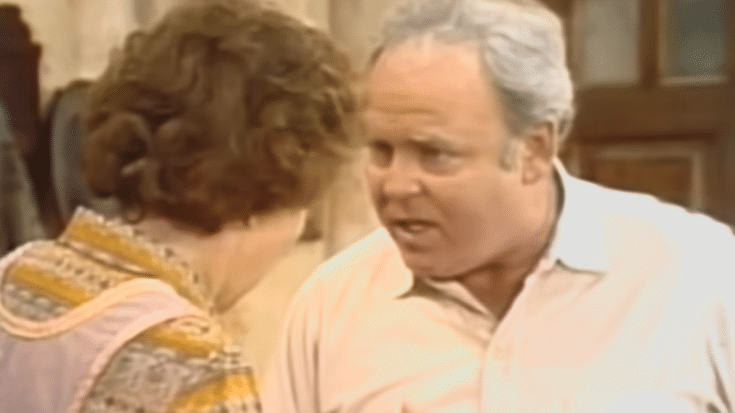
via batmanmmv / YouTube
The ’70s were an incredible era, right after the busy ’60s and before the flashy ’80s. It was a period full of changes, especially in fighting for equal rights for everyone, no matter their gender or race.
During this time, while many areas of entertainment were trying new things, some TV writers preferred sticking to old ways. As a result, ’70s TV shows often mixed new ideas with traditional viewpoints.
All In The Family
All in The Family was groundbreaking for its era. The show didn’t shy away from discussing hot-button issues such as racism, rape, infidelity, and homosexuality. Such themes were mostly unaddressed and considered taboo for television by 1970s standards. Its main character, Archie Bunker, was unabashedly traditional, embodying certain prejudices and bigotry that were prevalent in society during that period. The show held a mirror to these perspectives and challenged them through the character’s actions and dialogues.
However, in today’s context, All in The Family might be considered offensive because of the open bigotry of its lead character, Archie Bunker. Presenting a character with such strong discriminatory and harmful viewpoints, even in the guise of comedy or satire, would not sit well with modern audiences. His condescension and disdain toward other races, especially embodied in his character’s interactions with his neighbor, George Jefferson, would be deemed problematic in a contemporary context.
The Dukes of Hazzard
The Dukes of Hazzard is remembered for its action-packed storyline and the iconic Daisy Duke shorts. The show was set in the southern United States, and the centerpiece of the show was the General Lee, a modified car adorned with a Confederate flag. The driving sequences with the General Lee often formed an integral part of the plot with the Duke brothers evading corrupt authorities.
Considering today’s standards, the use of the Confederate flag in The Dukes of Hazzard is seen as offensive due to its historic association with racism, slavery, and segregation. Although the flag was used on the Duke brothers’ car to signify southern culture and rebellion, its broader, controversial symbolism can’t be ignored. In 2015, amidst renewed discussions about racial equality, TV Land pulled reruns of the show due to the flag’s controversial nature, reflecting changing societal attitudes.
The Jeffersons
The Jeffersons showcased the life of an upwardly mobile Black family, symbolizing success and progress. It’s a spin-off of All in The Family with George Jefferson, a character initially introduced as Archie Bunker’s neighbor. George’s character was just as outspoken as Archie but from the perspective of a successful Black American. The show was iconic and resonated with many minority families.
Today, George Jefferson’s character, despite its groundbreaking portrayal of successful Black Americans, might be seen as offensive for his prejudiced attitudes. His character showed traits similar to Archie Bunker’s, often depicted as stubborn and biased. This portrayal, even though meant to represent the changing dynamics of the times, could perpetuate negative stereotypes, which is largely frowned upon in today’s progressive society.
The Benny Hill Show
The Benny Hill Show was a British comedy television show that stood out for its slapstick humor, silly chases, and comedy sketches. Its primary content was comedic parodies and frequent double entendres, often with Hill pursuing scantily clad women, which, by the standards of the time, were considered farcical and high-spirited.
By today’s standards, The Benny Hill Show could be seen as offensive due to its objectification and sexualization of women. The sketches often involved women being chased or treated as objects of desire, which supports reductive and harmful stereotypes. It portrays women in a derogatory light, which contrasts sharply with today’s more progressive view of equal and respectful representation of women in media.
M*A*S*H
M*A*S*H was a highly popular TV series set during the Korean War that showcased the lives of military doctors and nurses at a Mobile Army Surgical Hospital. It blended elements of drama and comedy, often using wit and humor as tools to cope with the grim realities of war. On the flip side, it courted controversy with its casual sexist jokes and racially insensitive character introductions.
In the contemporary context, M*A*S*H might be criticized for its portrayal of women and minorities. The sexist jokes, mostly directed towards the female nurses, might be seen as demeaning and disrespectful. Additionally, the introduction of a Black character by having him applied with shoe polish for a comedy routine is racially insensitive by today’s standards, highlighting the disregard for proper racial representation.
Sanford and Son
Sanford and Son was an American sitcom revolving around Fred Sanford, a grumpy and argumentative junk dealer, and his son Lamont. The humor in the show was often derived from Fred’s cantankerous relationship with his son and the various people he interacted with.
Today, Sanford and Son could be seen as offensive due to the stubborn and often rude behavior of its lead character, Fred Sanford. His sarcastic and abrasive demeanor might be considered disrespectful and perpetuating negative stereotypes. Furthermore, his derogatory remarks towards other ethnicities, which were meant to be humorous, wouldn’t align with present-day values of respect and equality.
Different Strokes
Different Strokes was a sitcom about two African-American boys from Harlem who got adopted by a wealthy white man after their mother, his housekeeper, passed away. The show attempted to portray class and race-related issues through comedy while delivering the iconic line, “What’chu talkin’ ’bout, Willis?”
Today, Different Strokes can be critiqued for reinforcing stereotypes about African-Americans. The show portrays the boys as being ‘saved’ from their life of poverty in Harlem by a rich white man, a narrative that perpetuates white savior stereotypes. Also, it leans on the comedic portrayal of the Black characters, which might be viewed as racially insensitive.
Chico And The Man
Chico and The Man was an American sitcom intended to represent and celebrate Chicano culture. It centered around the relationship between an old garage owner, Ed, and a young Chicano, Chico, in East Los Angeles.
Despite its intention, Chico And The Man often fell into the trap of perpetuating stereotypes. Chico, an optimistic and ambitious character, was consistently portrayed as naive and simplistic. Moreover, although the show aimed to depict Chicano culture, it often resorted to stereotypes and gags, posing a homogenized and often misinformed view of the culture. Today, this would be seen as offensive due to the inaccuracies and stereotypes, which promote misconceptions and disrespect towards the Chicano culture.





